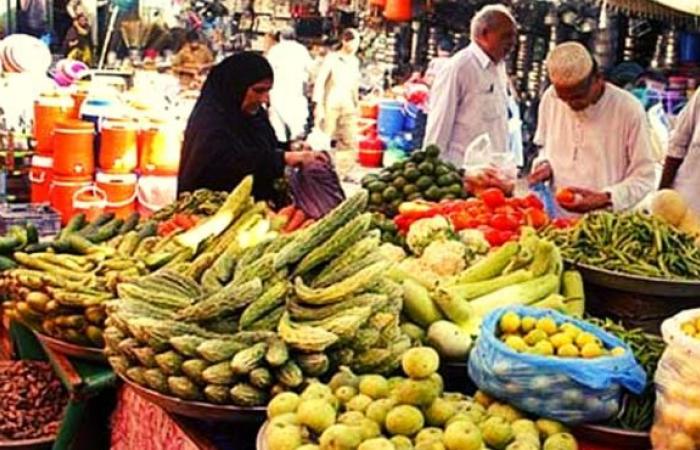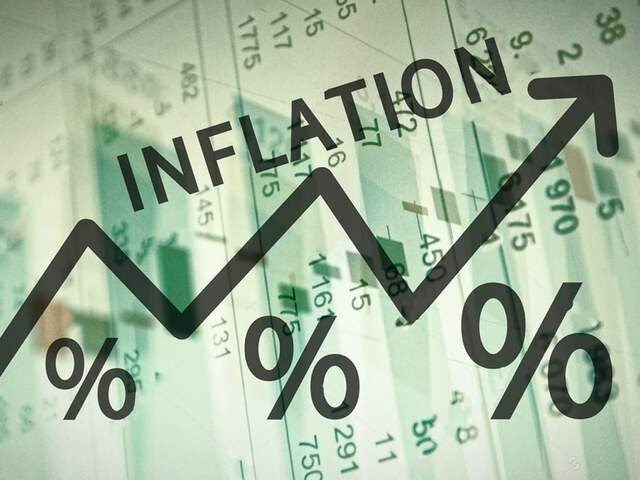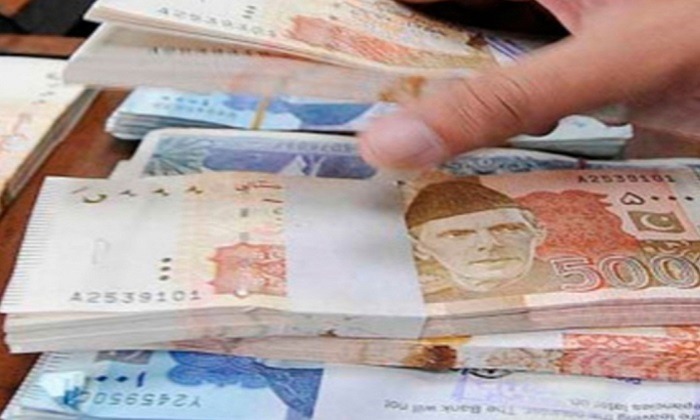Explosive Food Inflation is making common citizen’s lives miserable in Pakistan
By Chronicle
Islamabad
Currently, Pakistan is witnessing explosive food inflation, directly affecting the downtrodden general public and making their lives more miserable in the presence of higher gas and electricity rates.
According to the government’s statistics, the prices of essential commodities are touching record-high levels in the country, which is unprecedented.
The sensitive price indicator (SPI) of 51 essential commodities, as per the Pakistan Bureau of Statistics record, witnessed a massive surge during the past week.
This is pertinent to mention here that SPI is computed by the Pakistan Bureau of Statistics every week to assess the price movement of essential commodities at shorter intervals to review the country’s price situation. The SPI comprises 51 essential items collected from 50 markets in 17 cities of the country.

Essential commodities registering all-time high price rates: According to the data available at the bureau’s website as on January 5, 2023, the SPI recorded an increase of 1.09%. A major increase was observed in the prices of food items, chicken (16.09%), Rice Basmati Broken (5.16%), Wheat Flour (4.87%), Rice Irri-6/9 (3.45%), Bananas (2.97%), Onions (2.65%), Bread (1.24%), Salt Powdered (1.07%) and Pulse Moong (1.02%).
On the other hand, a major decrease was observed in the prices of Potatoes (4.61%), Eggs (1.31%), Tomatoes (1.17%), LPG (0.85%), Vegetable Ghee 2.5 Kg (0.71%), Cooking Oil 5 Litre (0.32%), Sugar (0.24%), Vegetable Ghee 1 Kg (0.11%) and Pulse Masoor (0.05%).
During the week, out of 51 items, prices of 23 (45.10%) items increased, 09 (17.65%) items decreased, and 19 (37.25%) items remained stable.
The year-on-year trend depicts an increase of 30.60%, Onions (501.23%), Chicken (82.50%), Tea Lipton (65.41%), Diesel (60.63%), Eggs (50.51%), Salt Powdered (49.50%), Petrol (48.21%), Pulse Moong (46.99%), Rice Basmati Broken (46.17%), Bananas (45.64%), Wheat Flour (45.35%) and Rice Irri-6/9 (43.11%), while a decrease was observed in the prices of Chillies Powdered (22.98%).
Essential commodities registering all-time high price rates: Food inflation was recorded at 37.90 percent in rural and 32.70 percent in urban areas in December 2022. It was 33.50 percent in rural and 29.70 percent in urban areas in November.
Likewise, it was recorded at 37.20 per cent in rural and 34.37 per cent in urban areas during October last year. The entire last year witnessed unprecedented inflation in food items, which proved to be explosive for the citizens of Pakistan. During January, it recorded 11.80 per cent food inflation in rural areas and 13.30 per cent in urban areas.
Pak Rupee constant devaluation: The experts on food items think that explosive food inflation is being observed in the country due to the constant devaluation of the Pakistan rupee versus the US dollar.
The Pakistan rupee is Rs234.65 versus the US dollar in the open market, which is also the record devaluation of the local currency in Pakistan’s history.
The last floods in the country during the monsoon season had played havoc, especially with the agriculture sector of Pakistan, and many standing crops had been destroyed due to these floods. This is another major reason for the country’s highest and most explosive food inflation level.
Poor price mechanism: Moreover, the price mechanism is very poor across the county, and the traders and the retailers sell the food items at their rates.
Muhammad Ilyas Khan, a resident of Pind Kargoo Khan in a rural area of Abbottabad, told this scribe that wheat flour is sold in Khyber Pakhtunkhwa (KP) at an exceptionally higher rate. He said it is currently sold at Rs120 to Rs130 per kilogram in rural areas. He said how can a common man who earns hardly Rs25,000 in a month survive on such a phenomenal rate of wheat flour which is the most basic food item for any Pakistani.
Wheat flour rate: Meanwhile, Farid Khan, a general store dealer in Rawalpindi, told the Chronicler that the wheat four is not available to the general stores at the government rate in Rawalpindi.
As far as Chakki Atta is concerned, it is sold at Rs150 per kilogram. The exceptionally higher rate of food items has already made the lives of common folks miserable, and higher electricity bills are making their lives more dejected.
Ends



